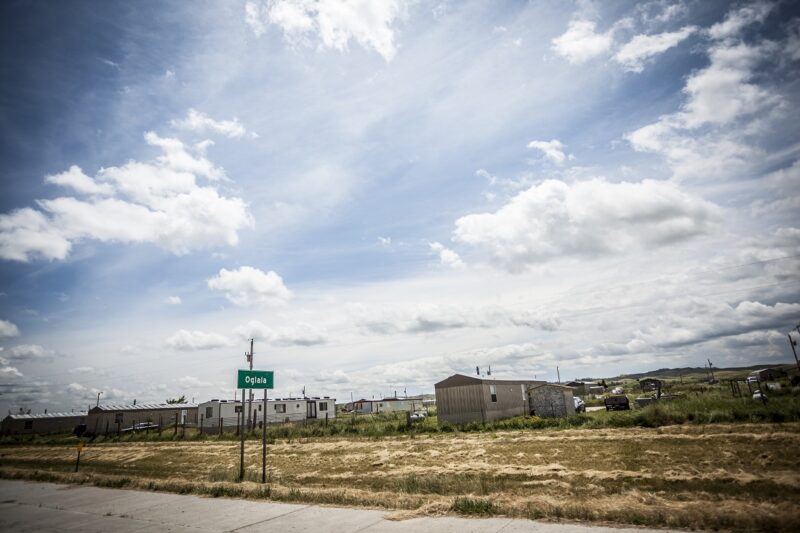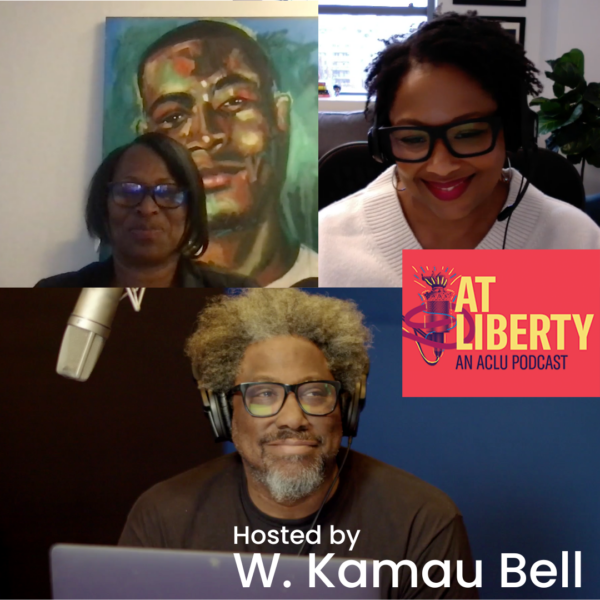
Over the last four years alone, more than 500 Indian children were forcibly removed from their homes by state officials in Pennington County, South Dakota, which then subjected their parents to child-custody hearings that violated federal law.
In these hearings, some of which lasted no more than 60 seconds, the presiding state court judge never advised parents they had a right to challenge the petition against them, never gave the parents an opportunity to call witnesses, never required the state to present evidence from a live witness, and never gave the parents a chance to testify on their behalf. All of the cards were stacked against the parents in these proceedings and the parents lost 100 percent of the time.
That’s right, you didn’t misread that. The state won 100 percent of the time, which isn’t surprising given that only the state was allowed to present any evidence and all of that evidence was submitted secretly to the judge. But two South Dakota Indian tribes — the Oglala Sioux Tribe and the Rosebud Sioux Tribe — and three Indian parents fought back.
In March 2013, the ACLU filed a class-action lawsuit on behalf of those two tribes and on behalf of all Indian parents in Pennington County against four state officials — the presiding state court judge, the director of the South Dakota Department of Social Services, the director of Child Protection Services, and the state attorney for Pennington County — for violating the federal rights of Indian parents.
Two years later, the parents were vindicated. “Indian children, parents and tribes deserve better,” wrote Chief Judge Jeffrey Viken of the Federal Court for South Dakota in a 45-page decision issued on March 30.
Viken ruled that the procedures used by the four state officials in removing Indian children from their homes violated the due process clause of the 14th Amendment of the Constitution as well as the Indian Child Welfare Act (ICWA), which establishes minimum federal standards for the removal of Indian children from their families. Congress passed the law in 1978 “to curb the alarmingly high rate of removal of Indian children from Indian parents.”
According to Viken, state officials violated the plaintiffs’ rights to basic judicial fairness during state child-custody hearings. Parents didn’t receive adequate notice of the allegations against them, nor was counsel appointed to represent them. They also were prohibited from cross-examining state workers who accused them of mistreating their children and from presenting evidence in their own defense. When their children were taken, the state court also failed to provide them with a written decision based on evidence presented during the hearing.
The state officials also violated the ICWA. One provision in the law requires that state courts not remove an Indian child from the home unless the state proves at the hearing that the child would likely suffer physical harm if not removed. Judge Viken found that state officials were ignoring this federal standard.
For far too long, the state of South Dakota was unnecessarily and illegally breaking up Indian families with impunity in sham judicial proceedings. Judge Viken’s ruling should help keep this from happening in the future.
Stay informed
Sign up to be the first to hear about how to take action.
By completing this form, I agree to receive occasional emails per the terms of the ACLU's privacy statement.
By completing this form, I agree to receive occasional emails per the terms of the ACLU's privacy statement.


